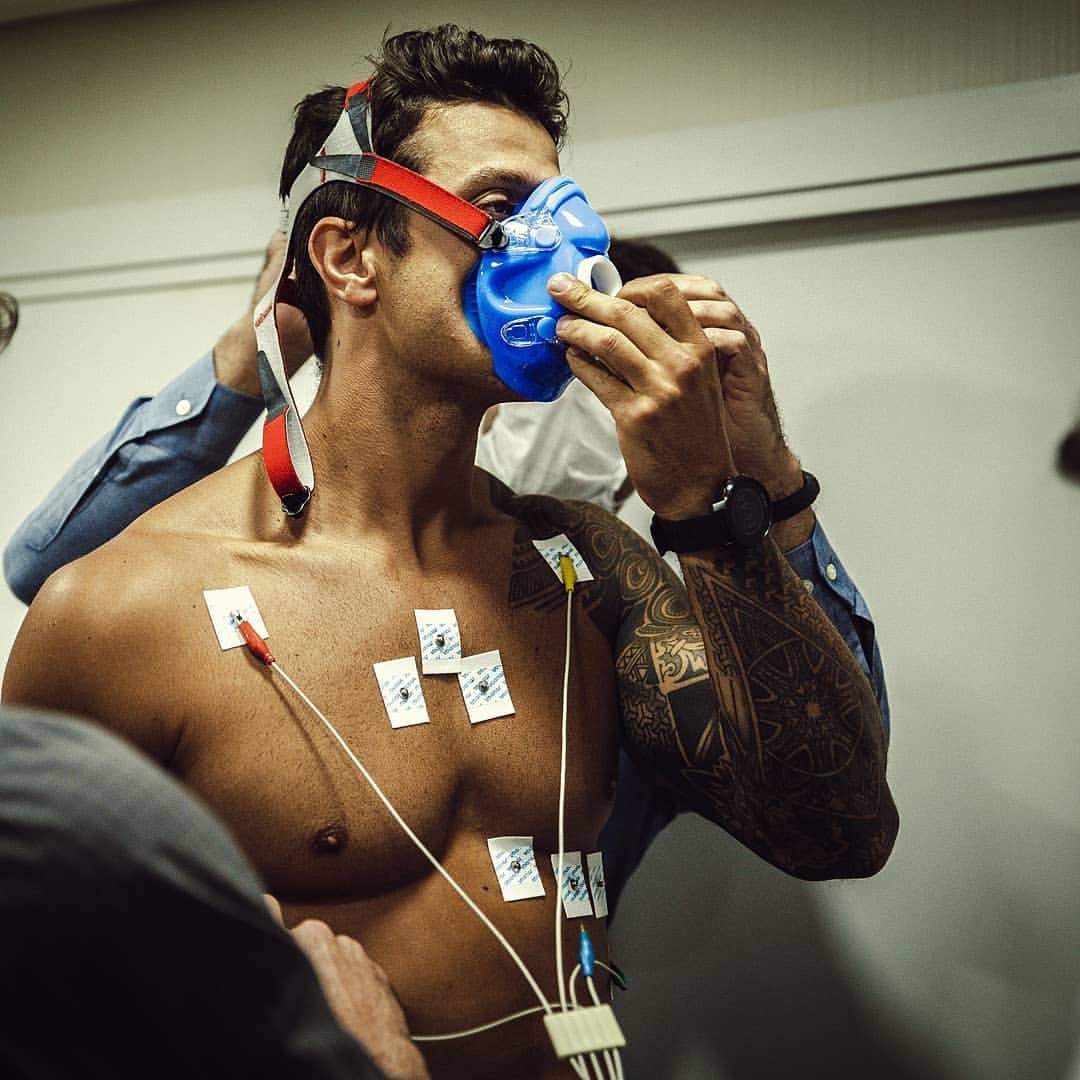When it comes to monitoring heart health, medical professionals often rely on an electrocardiogram, commonly known as an ECG. But what exactly is an ECG and how does it work? In this blog post, we will explore the ins and outs of this important diagnostic tool.
What does ECG stand for?
ECG stands for electrocardiogram. It is a non-invasive test that records the electrical activity of the heart over a period of time. By measuring the electrical signals generated by the heart, an ECG provides valuable information about the heart's rhythm and function.
How does an ECG work?
An ECG works by using electrodes, which are small adhesive patches attached to the skin, to detect and record the electrical signals produced by the heart. These electrodes are strategically placed on the chest, arms, and legs to capture the electrical activity from different angles.
Once the electrodes are in place, the ECG machine measures the electrical impulses as they travel through the heart. These impulses are then converted into a visual representation, known as an electrocardiogram, which is displayed on a monitor or printed on paper.
What can an ECG reveal?
An ECG can provide valuable information about the heart's rhythm, rate, and overall function. It can help diagnose various heart conditions, such as arrhythmias, heart attacks, and heart valve problems. Additionally, an ECG can detect abnormalities in the heart's electrical system, such as conduction disorders.
By analyzing the different components of an ECG, healthcare professionals can identify irregularities in the heart's electrical activity and make informed decisions about treatment options.
Is an ECG painful?
No, an ECG is a painless and non-invasive procedure. The electrodes used in an ECG are simply placed on the skin and do not cause any discomfort. The test itself usually takes only a few minutes to complete.
When is an ECG necessary?
An ECG may be ordered by a healthcare professional for a variety of reasons. It can be part of a routine check-up, used to investigate symptoms such as chest pain or shortness of breath, or to monitor the effectiveness of certain medications.
In emergency situations, an ECG is often one of the first tests performed to quickly assess the heart's condition and determine the appropriate course of action.
In conclusion
An ECG is a valuable tool in the field of cardiology. By recording the heart's electrical activity, it provides crucial information about the heart's rhythm and function. Whether it's used for routine check-ups or emergency situations, an ECG plays a vital role in diagnosing and treating various heart conditions.

